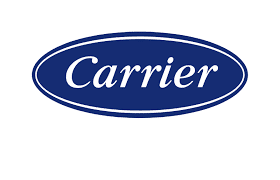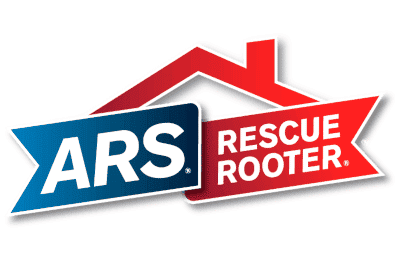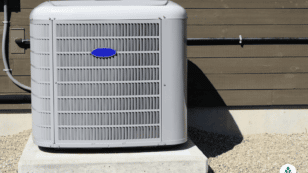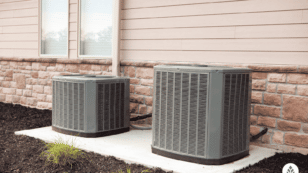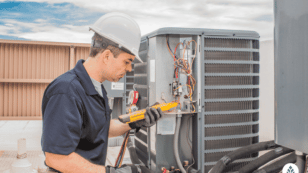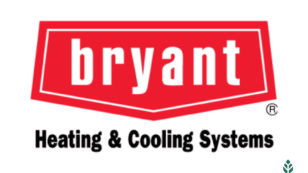
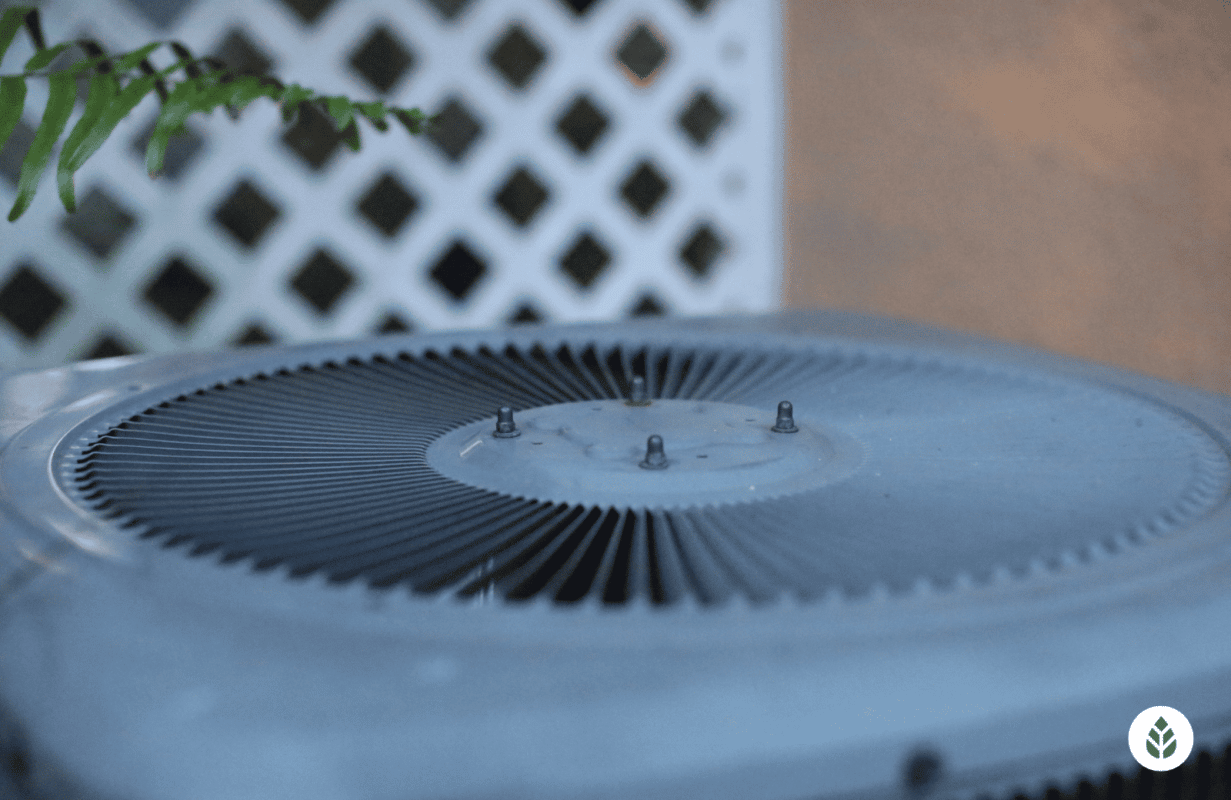
HVAC Preventive Maintenance: A Complete Guide (2024)
In this EcoWatch HVAC preventative maintenance guide, you’ll learn:
- What are the benefits of preventive HVAC maintenance?
- What’s included in HVAC preventative maintenance?
- How often should HVAC preventive maintenance happen?
- Should you hire an HVAC technician for preventative maintenance?
Each product and or company featured here has been independently selected by the writer. You can learn more about our review methodology here. If you make a purchase using the links included, we may earn commission.
Heating ventilation and air conditioning (HVAC) units can be quite expensive to replace and repair. Even when they seem to be working fine, unchecked HVAC systems may be silently increasing your energy costs. That’s why HVAC preventative maintenance is a worthwhile investment.
There are a lot of moving parts to an HVAC system, which is why it’s often best to call in a professional HVAC technician for maintenance and additional peace of mind. If you’re looking to connect with a professional, reach out to one of our providers below.
Is HVAC Preventative Maintenance Worth It?
Yes, HVAC preventive maintenance is worth it. While having a preventative maintenance plan may cost you a little extra each month, you’re likely to earn back the money (and then some) through energy savings and the extended lifespan of your HVAC system.
Think of it like taking your car in for an oil change. While you may not want to pay for it every 5,000 miles or so, you do it because you know it will save you a lot of money on car repairs (or a new car) in the long run. Preventative maintenance on your heat pump or air conditioning system is the same.
Plus, preventative HVAC maintenance can help keep you and your family safe from air pollutants and gas leaks — and you can’t put a price on safety and peace of mind.

Carrier Heating and Cooling
Pros
- Wide availability (25+ states)
- Focus on energy efficiency
- Transparent about environmental impact
- Industry-leading company
Cons
- Weak or non-existent warranty
- More expensive than some competitors

ARS Rescue Rooter
Pros
- Focus on energy efficiency
- Positive customer reviews
- 15+ years in business
- Outstanding social impact
- Strong warranty
- Offers eco-home systems (heat pumps, solar, etc)
- Financing options available
Cons
- Available in fewer than 25 states

Service Experts Heating
Pros
- Wide availability (25+ states)
- Positive customer reviews
- 15+ years in business
- Outstanding social impact
- Strong warranty
- Offers eco-home systems (heat pumps, solar, etc)
- Offers money-saving membership programs
Cons
- No emergency service
Benefits of HVAC Preventative Maintenance
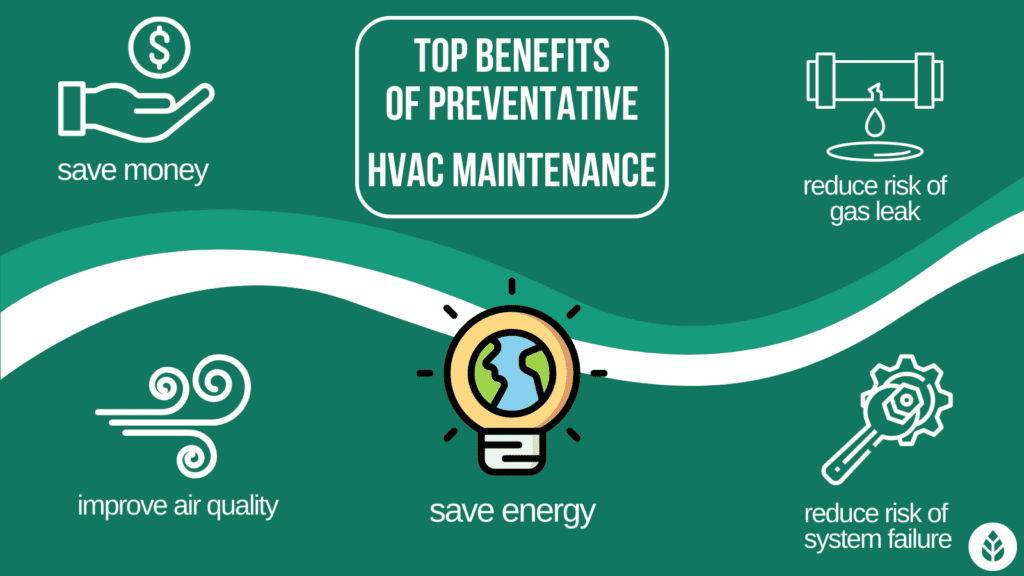
With regular maintenance, you can prolong the life of your heating or cooling system and save money on your energy bills. Experts suggest that preventative maintenance can reduce the risk of breakdowns by as much as 95% and save homeowners up to 30% on energy costs.1
There are several benefits of doing preventive maintenance on your HVAC system, including:
- Avoiding costly breakdowns
- Improving indoor air quality
- Reducing energy costs and consumption
- Reducing your energy consumption by improving your energy efficiency
- Lessening the chance of system failure
- Reducing the risk of carbon monoxide or other gas leaks
Regular HVAC maintenance is important not only for your heater or air conditioner’s health but for your own, your family’s and the planet’s health as well.
Plus, many HVAC manufacturers require annual preventive maintenance to maintain the warranty. If you’d like to be connected with a vetted HVAC provider, click one of the links below.
What’s Included in HVAC Preventative Maintenance?
If you install a new HVAC system with a service provider, you may be offered a maintenance agreement for additional services, like preventive maintenance checkups. But, what’s included in HVAC preventative maintenance checkup?
When a licensed HVAC technician comes to your home for preventive maintenance, they’ll typically have a checkli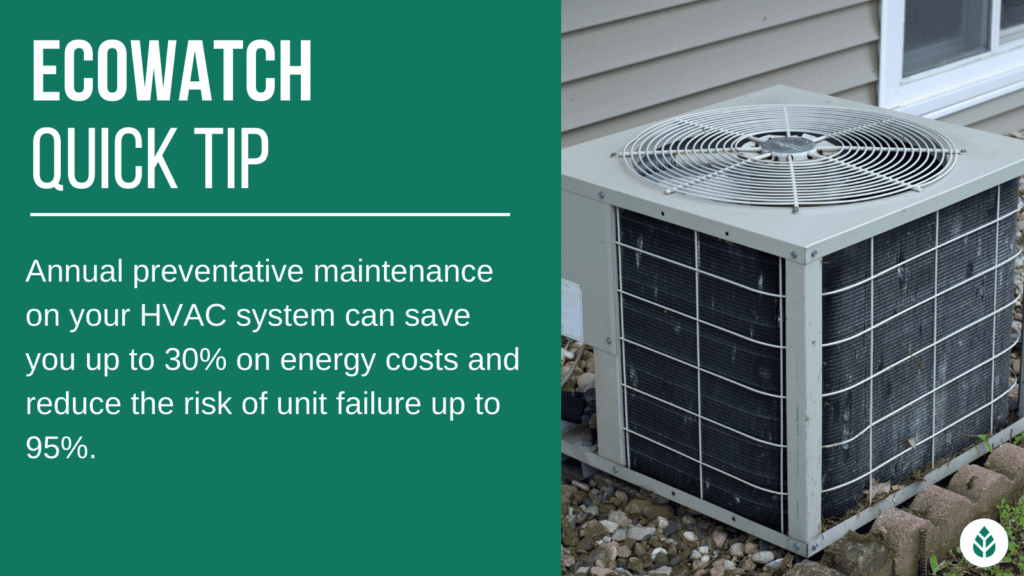
The HVAC maintenance checklist is typically divided by heating and cooling system and includes (but is not limited to) the following:
Summer HVAC Preventative Maintenance Checklist:
- Check and replace air filters
- Check refrigerant levels and look for potential leaks
- Tighten electrical connections
- Lubricate all moving parts to ensure mobility
- Test the thermostat to make sure functions and timers are working properly
- Clean condenser and evaporator coils
- Change batteries
- Check blowers and blades for proper airflow
- Inspect outdoor units and ducts for mold, dust, and debris
- Observe humidity levels
Winter HVAC Preventative Maintenance Checklist:
- Check and replace air filters
- Inspect the flue system and furnace attachment
- Check gas pressure and connections for potential leaks
- Examine heat exchanger
- Inspect ignition burner assembly
- Examine ductwork and vents
- Clean inside and outside units of dust and debris
- Check pulleys and belts
How Often Should HVAC Preventative Maintenance Happen?
Preventative HVAC maintenance should be performed on each system annually, but we recommend having a technician come to your home twice a year, ideally once in the spring and once in the fall.
It’s best to inspect your air cooling system before the cooling season, (typically summer, but maybe earlier or later depending on where you live) and your heating system before outdoor temperatures drop.
This will ensure proper airflow and energy efficiency during the times when you need your HVAC systems most. Summers and winters are also when HVAC support is most in demand.
Do I Need to Hire an HVAC Technician for Preventative Maintenance?
You don’t always need to call a professional for all types of preventative HVAC care. In fact there are a number of HVAC care tips you can do on your own, like changing the air filters on your HVAC equipment, that can instantly improve indoor air quality and reduce your energy costs.
However, experienced technicians will go well beyond air filter changes, checking things like electrical connections, condenser coils, drain lines and refrigerant charges. It’s important to make HVAC service checkups to ensure that your cooling and heating systems are working properly, safely and with maximum efficiency.
Bottom line: Unless you’re an expert on your HVAC unit, you should call a professional. Experienced technicians are better equipped to catch potentially dangerous and destructive issues, saving you a lot of time and money in the long run.
FAQ: HVAC Preventative Maintenance
The four types of HVAC maintenance include:
- Corrective maintenance
- Preventative maintenance
- Risk-based maintenance
- Predictive maintenance
Corrective maintenance happens once there’s been a system failure, risk-based maintenance analyzes data to determine the likelihood of breakdowns and how to stop them and predictive maintenance uses smart technology to better plan for future necessary maintenance.
Commercial HVAC preventive maintenance is similar to residential but on a larger scale. For the most part, commercial HVAC equipment will need to be examined and maintained by a licensed HVAC technician, as it involves large refrigerant, cooling, and heating equipment.
HVAC contractors are typically busiest during the summer and winter months, which makes spring and fall the best times to hire an HVAC company to get the best availability and prices. That said, you should call an HVAC technician as soon as you suspect your HVAC system needs maintenance to avoid costly repairs or replacements.
Heating and cooling equipment should be checked at least once a year to ensure proper airflow and efficiency. Experts recommend having your air conditioning inspected before the start of the cooling season (summer) and your heating system inspected before the winter.

 233k
233k  41k
41k  Subscribe
Subscribe 
